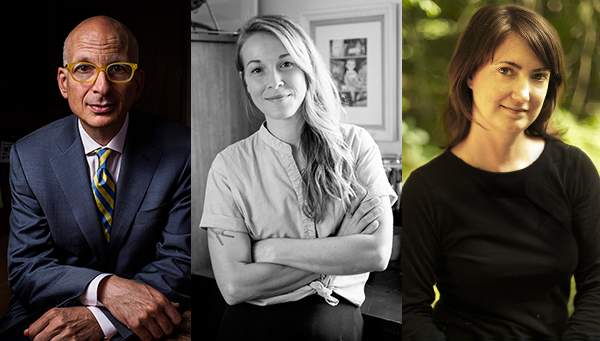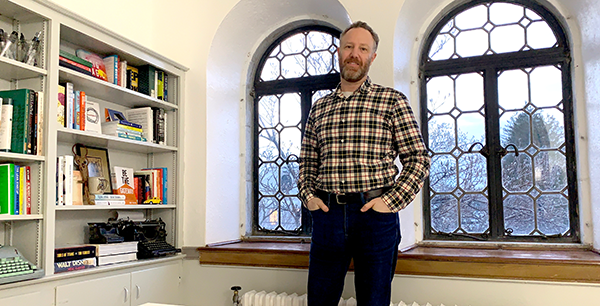Something I obsess about is this idea of a ‘creative shift’ — how someone takes their writing and craft to the next level.
In the past week or so, I shared podcast interviews with three successful authors, and each shared something that may surprise you:
- Seth Godin: Before he became the bestselling author we know today, he published hundreds of books for others, and launched multiple companies.
- Rebecca Green: Even though she has more than a quarter million Instagram followers, she has a love/hate relationship with social media.
- Miranda Beverly-Whittemore: Having her novel land on the New York Times bestseller list doesn’t remove the possibility of despair, exhaustion, and doubt in the creative process.

(Links to these podcasts below.)
These were each long conversations, and they are wonderful reminders that there isn’t a simple path to success with your creative work. For what Seth, Rebecca, and Miranda each shared, they (each in their own way) highlighted the value of:
- Having collaborators to help you stay focused and work through difficult decisions or challenges.
- Continually reassessing the creative clarity that drives you.
- Establishing creative routines, even amidst your otherwise busy life.
None of these things are one-and-done decisions. They are creative practices that you need to attend to each day, each week, each year.
Earlier this week I ran an online workshop for the attendees of University of Wisconsin-Madison’s Writers’ Institute. They are such a wonderful community of writers!
One person asked a question in the Q&A portion (I’m paraphrasing):
“If an author just finished writing their first book, aren’t their efforts better spent learning the craft of writing for the 2nd book, instead of focusing on marketing?”
My reply was: “I love the idea of focusing on craft first. Except what I find is that many authors struggle to establish a writing practice. Instead, they “kinda” write. They write when they have spare time. When everything else gets done first: the dishes, that new series they are watching on Netflix, when they feel confident, when everything is just right. In the end, they end up not focusing on the foundations of marketing (communication and trust with their ideal reader), nor do they really get the writing done. They get stuck in creative limbo.”
Now, all I do all day is talk to writers and creators. I literally sit in this room from around 6am – 5pm and talk to them on the phone, on Skype, in email, on Slack, on Zoom, and through social media:

What I hear is their struggle to establish a creative practice. Not just beginners, but those who have created for years. We work through strategies and tactics to make writing and creating central to their life, and then connect their work to readers via human-centered marketing.
Honestly, a lot of this has become the foundation for my three-month Creative Shift Mastermind program as well. We dig into:
- How to establish rock-solid creative habits.
- How to define your creative identity.
- How to get radically clear on your priorities of what to work on and why.
Instead of struggling alone with these things, I work directly with you as mentor — every day — and you are joined by a group of 9 other motivated writers and creators just like you.
I’ve run this program again and again, and have found that it makes a profound difference on people’s ability to create and connect with their ideal audience.
The doors are now open for Creative Shift Mastermind session that begins on April 1st. If you are curious, check it out here.
Also: the links to the podcast episodes I mentioned are below.
Thanks!
-Dan
P.S. Here are the links to the podcast episodes mentioned above:
